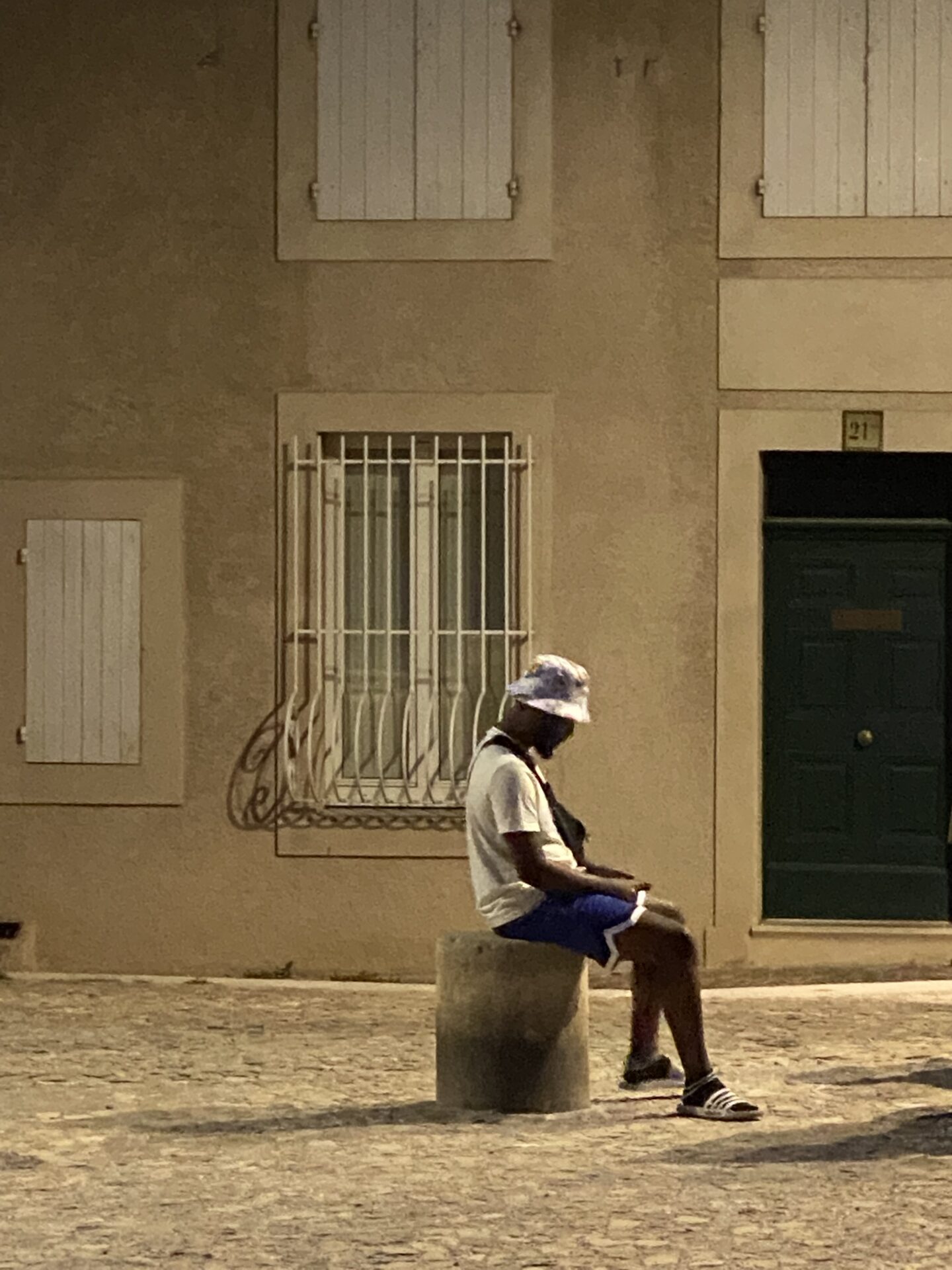What you are going to do, do quickly
Jn 13:211-38
Also Listen on:
What is our true motivation for doing anything? When we look back, perhaps after years, at this question we may see ourselves with sharp objectivity but also with real gentleness. Making allowances, we may think, ‘I was young’ or ‘I didn’t know what I know now.’ For more recent decisions, with less perspective in time, we may be less kind to ourselves or, if the question involves someone else’s misdeeds, we may be very hard judges indeed.
Our uncertainty concerning our past selves and about the motivation of others reveals the human person as under constant construction. Who am I? It’s an impossible question to answer. Yet, it is an essential human enquiry. It accompanies us throughout our conscious lives from the first stirrings of self-awareness as a child to the last flicker of the mind before death. Perhaps it is just an expression of wonder at how we have changed, still unfinished and somehow the same person. Some commentators believe Jesus was not fully aware of who he was, and what it was that his humanity uniquely combined, until he gave up his spirit on the cross just after asking, ‘why have you abandoned me?’ or saying, ‘it is accomplished’. True self-knowledge grows incrementally through time and experience. As it does, the angularity of the question of who I am softens and we understand that we don’t merely exist: we belong.
Jesus manifests a highly advanced degree of this self-understanding throughout the gospels. It accompanies the extraordinary compassion and insight into others that we see in today’s gospel concerning Judas, who is one of the major keys into the mystery of Easter. At the last supper Jesus is deeply troubled and reveals that one of his close disciples will betray him. His friends wondered what he meant and we get an insight into how human they were. (As yesterday we learned that they had a common fund and probably did fund-raising).
Peter asks John, the beloved disciple reclining next to Jesus to ask him who the culprit was. Responding to his soul-friend as he might not to anyone else, he says he will give a piece of bread to the traitor. He dipped it into something and handed it to Judas. This is the bread of which he said, ‘this is my body’. He is giving himself to his betrayer with full insight into Judas’ treachery. He forgives even before the sin is committed. At that instant, when Judas had taken the bread ‘Satan entered him’. Jesus said, ‘What you are going to do, do quickly’. His communion with his betrayer is beyond judgement and resentment.
Judas left the table. ‘Night fell’. The question of motivation is not only impossible to answer, it is also irrelevant. The real question exposed now, when the dimensions of reality in which this exchange take place have expanded beyond rationality is ‘what is the purpose of what is happening?’ Like compassion, sin itself and the darkening of the human mind by evil, all find their meaning in a unity higher than the division they cause. What are opposites in the rational dimension are unified in the divine. This unity ‘shines on good and bad alike and is kind to the ungrateful and the wicked’. Or, as Mother Julian would later say
‘Sin is necessary. But all will be well, and every manner of thing will be well’





